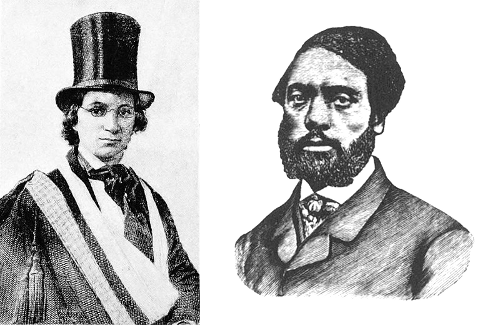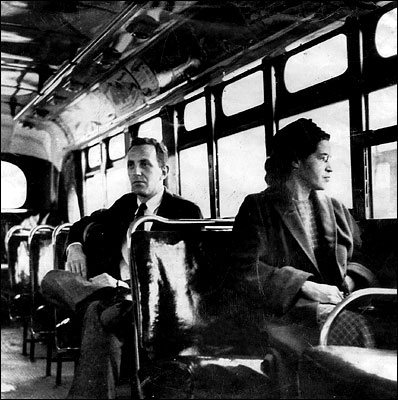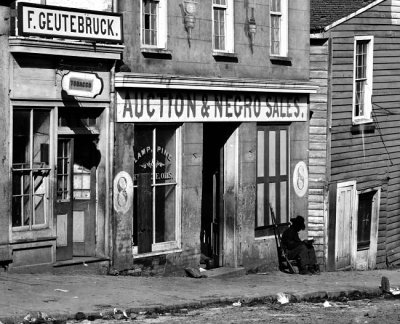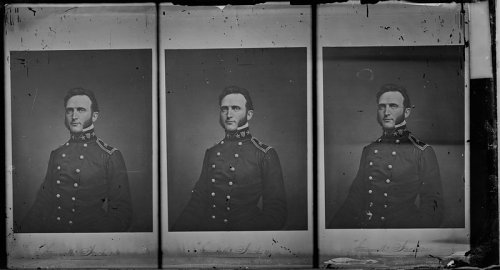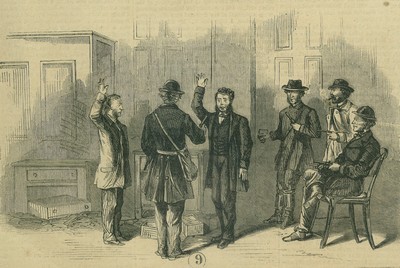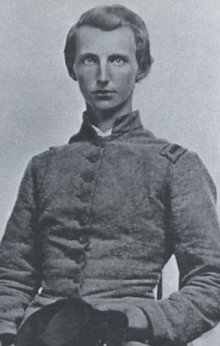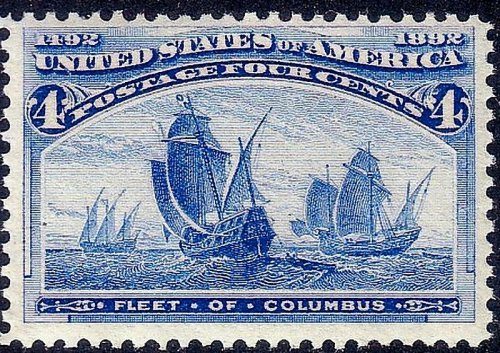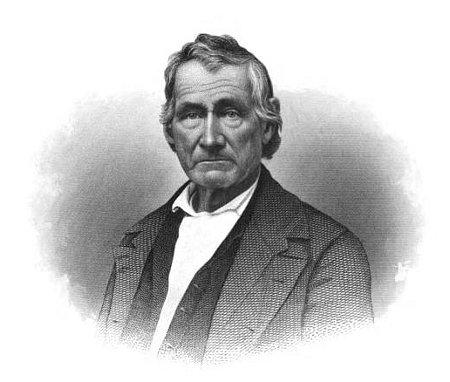
Buster Keaton’s 1926 comedy The General is based on a real event. In April 1862 a group of Union volunteers hijacked a Confederate train in Georgia and led the rebels on an 88-mile, six-hour chase through the state, tearing up tracks and cutting telegraph lines as they went and releasing cars behind them to slow their pursuers. The conspirators ran out of fuel just short of Chattanooga, their goal, but the Union awarded a Medal of Honor to most of them for the exploit.
Keaton turned this into the story of Johnnie Gray, a hapless Georgia engineer who proves his mettle by chasing a stolen Confederate locomotive across Tennessee in order to rescue his beloved. The film’s central train chase is a masterpiece of mechanical slapstick, essentially a live-action cartoon showcasing the actor’s hair-raising stunts with locomotives, cannon, fire, and dynamite as the trains roll through the Southern countryside.
“I was more proud of that picture than any I ever made,” Keaton said in 1963. “Because I took an actual happening out of the … history books, and I told the story in detail, too.”

